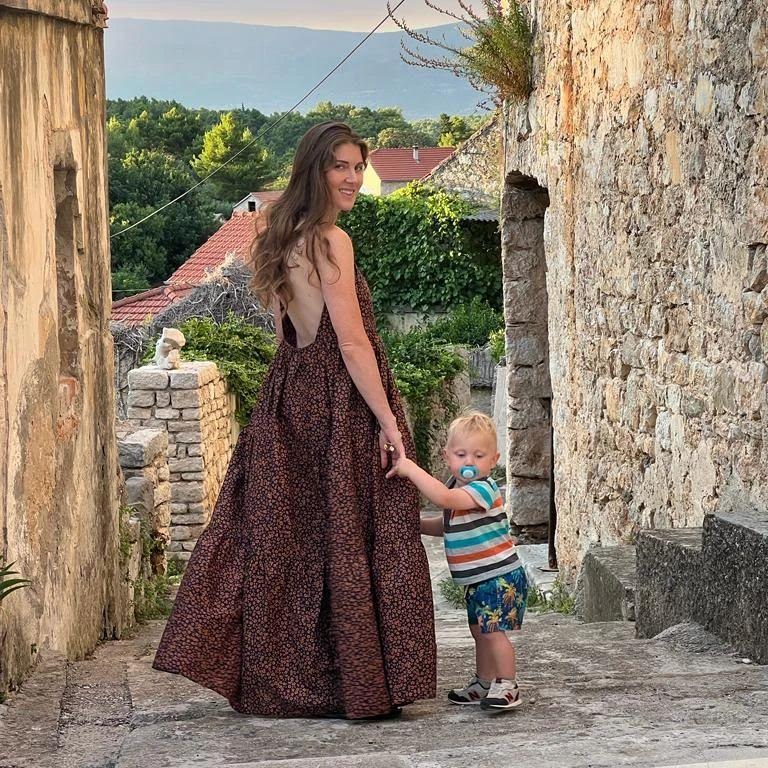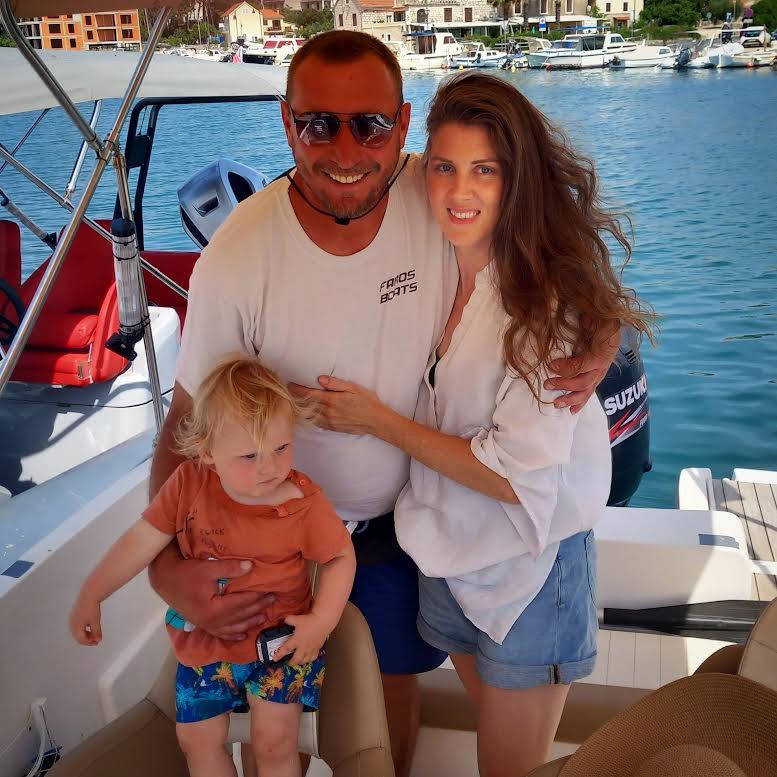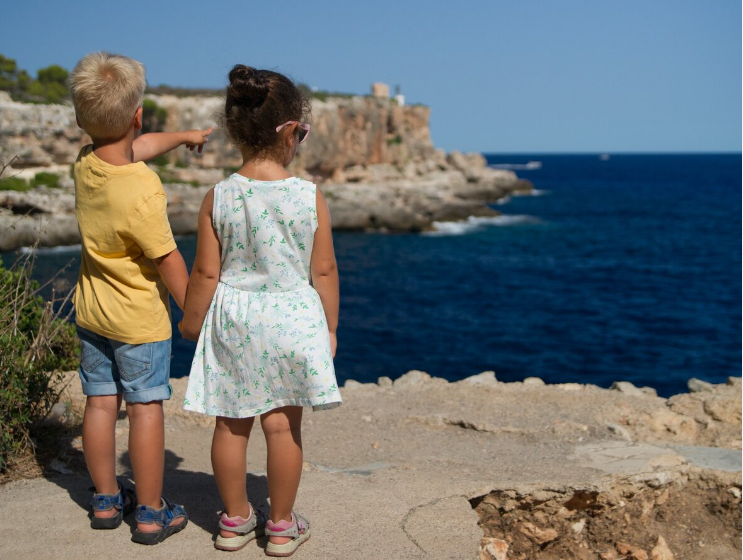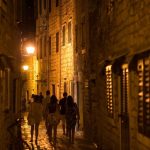February 13, 2024 – In the charming seaside town of Jelsa, families may just find the answer to their summer prayers. Meet the Field School of Hvar.
While we like to think of the summer as a time of carefree days at the beach and long afternoon siestas, the reality is often something quite different, both for Dalmatian parents who work from dawn to dusk during the season, and for families in the US, UK, and Europe, who have seemingly no choice but to pay spiralling costs for summer childcare. After several weeks of juggling work and kids, those parents lucky enough to afford a summer vacation often find themselves paying hundreds of euros a day for the privilege of being their child’s cruise director during family travel.

While I am mostly beyond the days of intensive parenting, I was nonetheless delighted to learn of a new venture on the island of Hvar that is on a mission to make summer better for parents. Projects like this are what Croatia needs to expand beyond a tourism brand of sun and fun, and into a year-round destination recognized for quality and culture. The Field School of Hvar aims to entice parents to slow down and spend a week or longer in the deliriously beautiful town of Jelsa, where I happened to live for 13 years, while their children spend the day learning and playing in the Mediterranean landscape.
The Field School’s Summer Camp program takes place entirely outside: on beaches, in vineyards, under the shade of olive trees and pine forests. There are no desks, no worksheets, and no assignments. Instead, every day includes an hour of studio art, a hands-on lab experiment, city-sprawling field games, and reading circles, where children lead discussions about favorite picture books and poems. Kids end the day with a giant picnic, provided by the excellent new plant-based restaurant Masha Vegeteria.
All materials are in English, with translators onsite to help non-native speakers, and groups are led by trained educators from around the world. In one week, children build wooden boats, studying the examples of Hvar’s nautical engineers’ past. In another, they participate in the timeless rhythms of the lavender harvest, discussing the biochemical basis of traditional ethnobotany.

“Our summer camp is based on the belief that children love to learn – when they have agency, can work with peers, and when the material is beautiful and interesting,” states Carolyn Zelikow, the program’s founder and director, “Fundamentally, my goal is to give kids at least one authentic encounter with the wonder of scientific truth that they can take with them to other parts of their academic life.”
The total price for this offering? €3/hour, or €468/month for a 40-hour/week program. The camp offers a morning session from 8am – 12pm, and an evening session from 4pm – 8pm, a schedule intended to dodge the midday heat and accommodate families’ diverse schedules. Enrollment is offered by the week for children ages 4-12.
Beyond this summer camp, Zelikow has big plans, both for tourism and for education on the island. In the fall, The Field School will run a pair of month-long programs aimed at the next generation of digital nomads: remote workers traveling with children. In the long term, she hopes to establish an independent school on the island.
“Hvar is endowed with incredible natural beauty and a remarkable heritage of people living alongside land and sea. What better home could there be for a school where children learn to be leaders in the climate transition?”
What better home, indeed?
Check out the Field School of Hvar website for a lot more details. And below an interview with Carolyn during her time on the Dubrovnik Digital Nomads in Residence programme.









